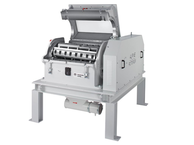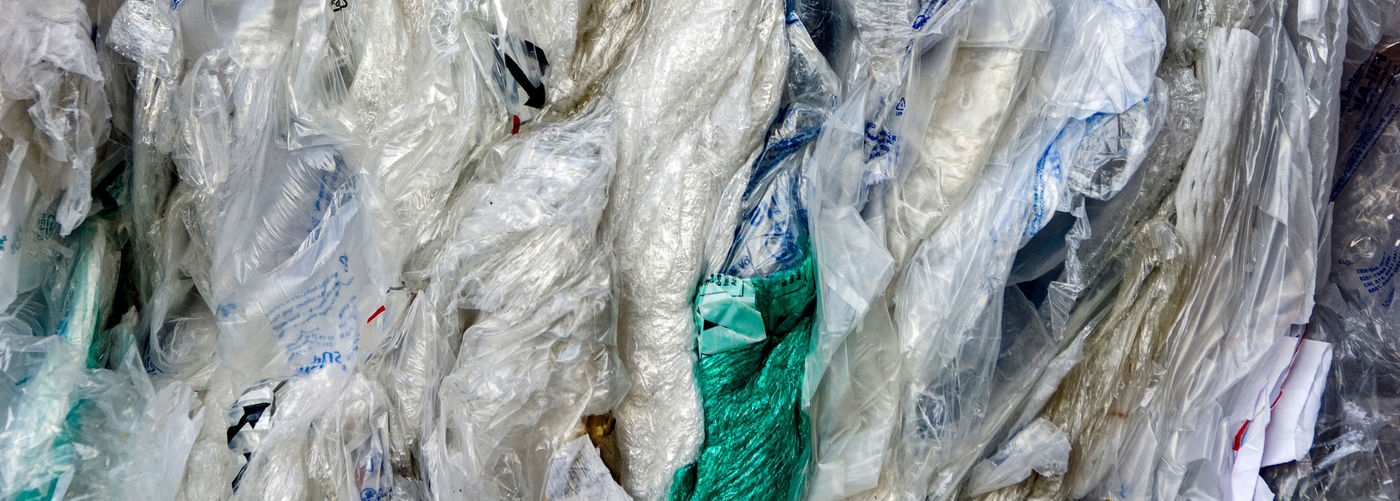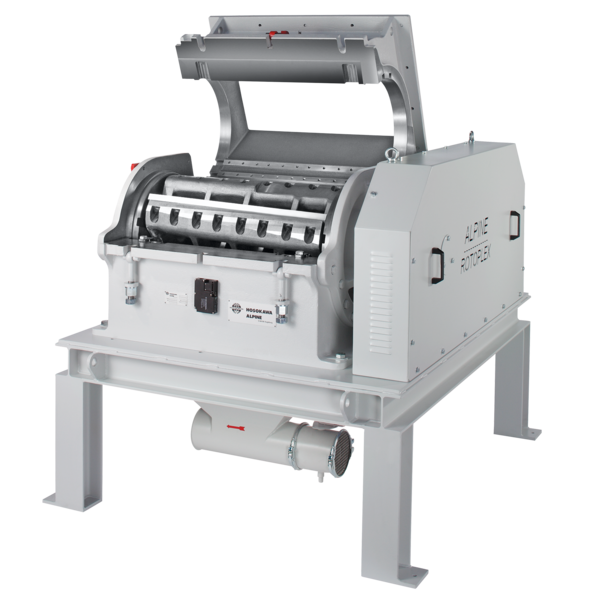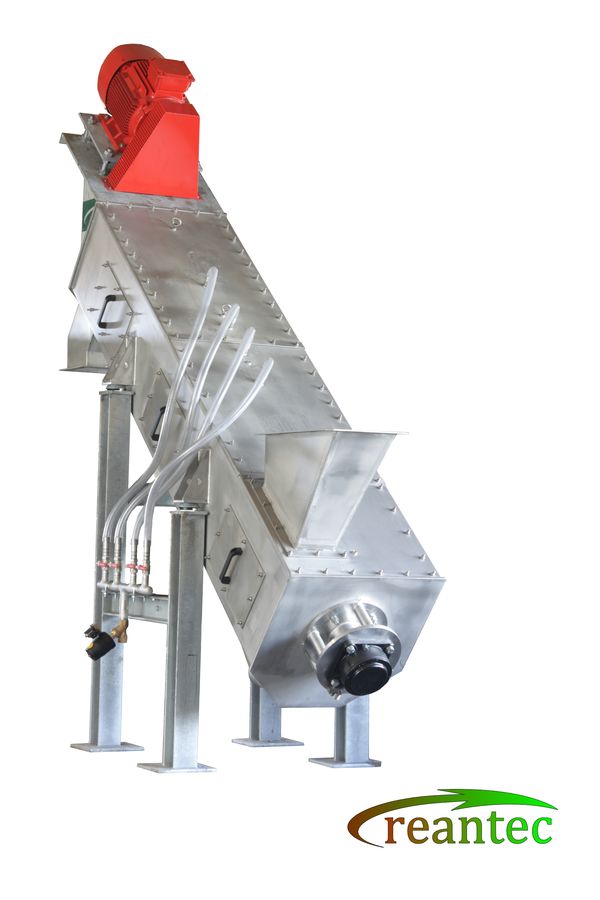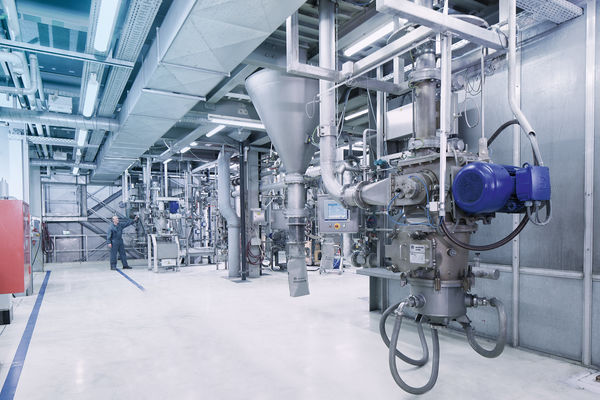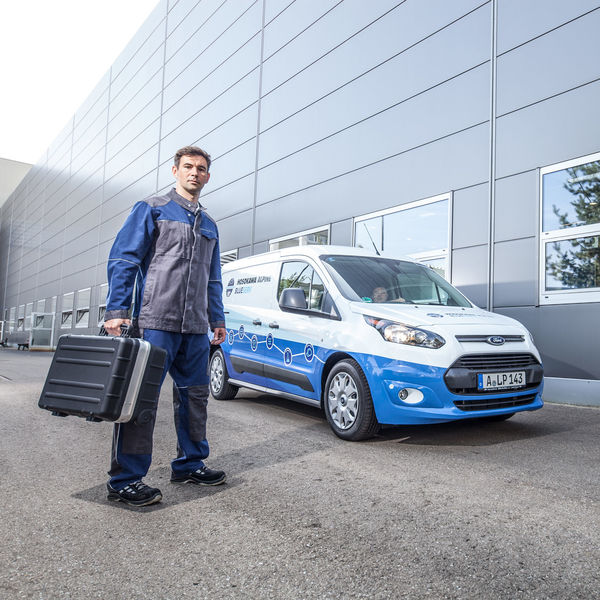Shampoo bottles and cosmetics packaging, sausage and cheese packaging, plastic bags, cling film - they all end up in the recycling bin or are delivered directly to recycling centres. The aim is to recycle as much of this packaging waste as possible and return it to the cycle. If this waste comes from private households, it is referred to as post-consumer recycling (PCR). The recycling of waste from production residues in the manufacture of plastic packaging or products, on the other hand, is known as post-industrial recycling (PIR). A new process from Hosokawa Alpine now ensures that the plastics from this packaging waste can be reused as post-consumer recyclate. The shredding, washing, separating and drying steps produce washed and dried flakes that can be used to manufacture new plastic products.
